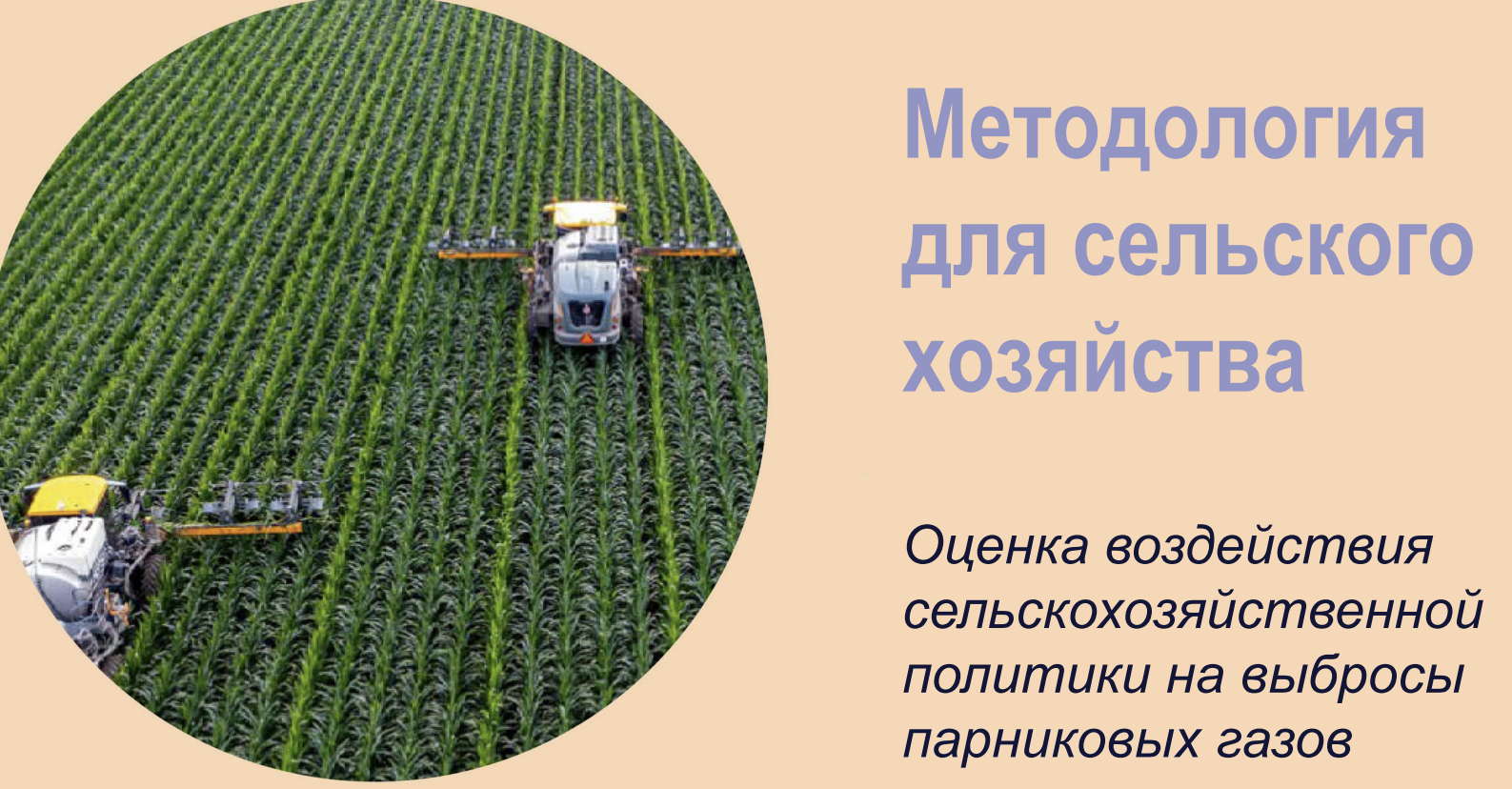Agriculture is a significant contributor to global greenhouse gas (GHG) emissions, accounting for around 20% of global emissions, mainly through livestock, fertilizer use and land-use change. To help countries assess and mitigate these emissions, the ICAT methodology for agriculture was developed as part of the Climate Action Transparency Initiative (ICAT) series.
This guidance provides a comprehensive framework for policymakers, governments and experts to measure, report and verify (MRV) the impacts of agricultural policies on greenhouse gas emissions. It is aligned with international standards such as the Intergovernmental Panel on Climate Change (IPCC) guidelines and supports countries in achieving their climate goals under the Paris Agreement, including their Nationally Determined Contributions (NDCs).
Purpose of the document
This document has been created to help countries design, implement and evaluate agricultural policies in a way that quantifies GHG emissions. It enables policy assessment before and after implementation, ensuring transparency, accountability and data-driven decision-making. The guide also helps countries move towards the Enhanced Transparency Framework (ETF) under the Paris Agreement.
Benefits
The ICAT Agriculture Methodology provides a number of benefits, including:
· Improved understanding of GHG emissions from agriculture.
· Better alignment of agricultural policies with international climate goals.
· Tools for assessing mitigation and adaptation efforts.
· Practical guidance on data collection, monitoring and reporting.
· Enhanced capacity to develop more efficient and sustainable agricultural practices.
Modules
The guide consists of several key modules:
· Evaluation Planning: Guidance on planning an agricultural policy evaluation, including stakeholder engagement and objective setting.
· Policy Selection and Description: A detailed process for selecting agricultural policies and understanding their GHG impacts.
· Policy Impact Assessment: Methodologies for assessing the GHG impacts of livestock, fertilizer management, soil carbon, and rice policies.
· Reporting and Communication: A guide to presenting assessment results and improving transparency.
· Supporting Tools and Resources: Includes templates, case studies, and a toolbox to support the policy assessment process.
This structured approach enables users to comprehensively assess the GHG impacts of agriculture, ensuring that national and international climate goals are met.
Training modules and templates
Glossary of terms under Articles 6 and 13 of the Paris Agreement

